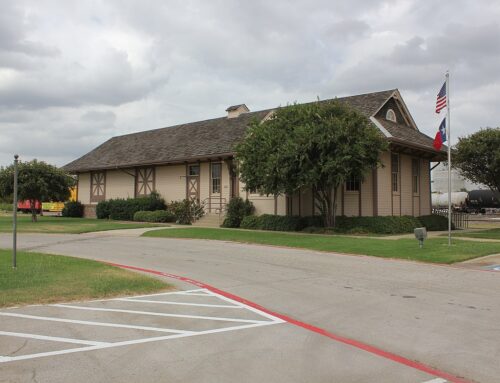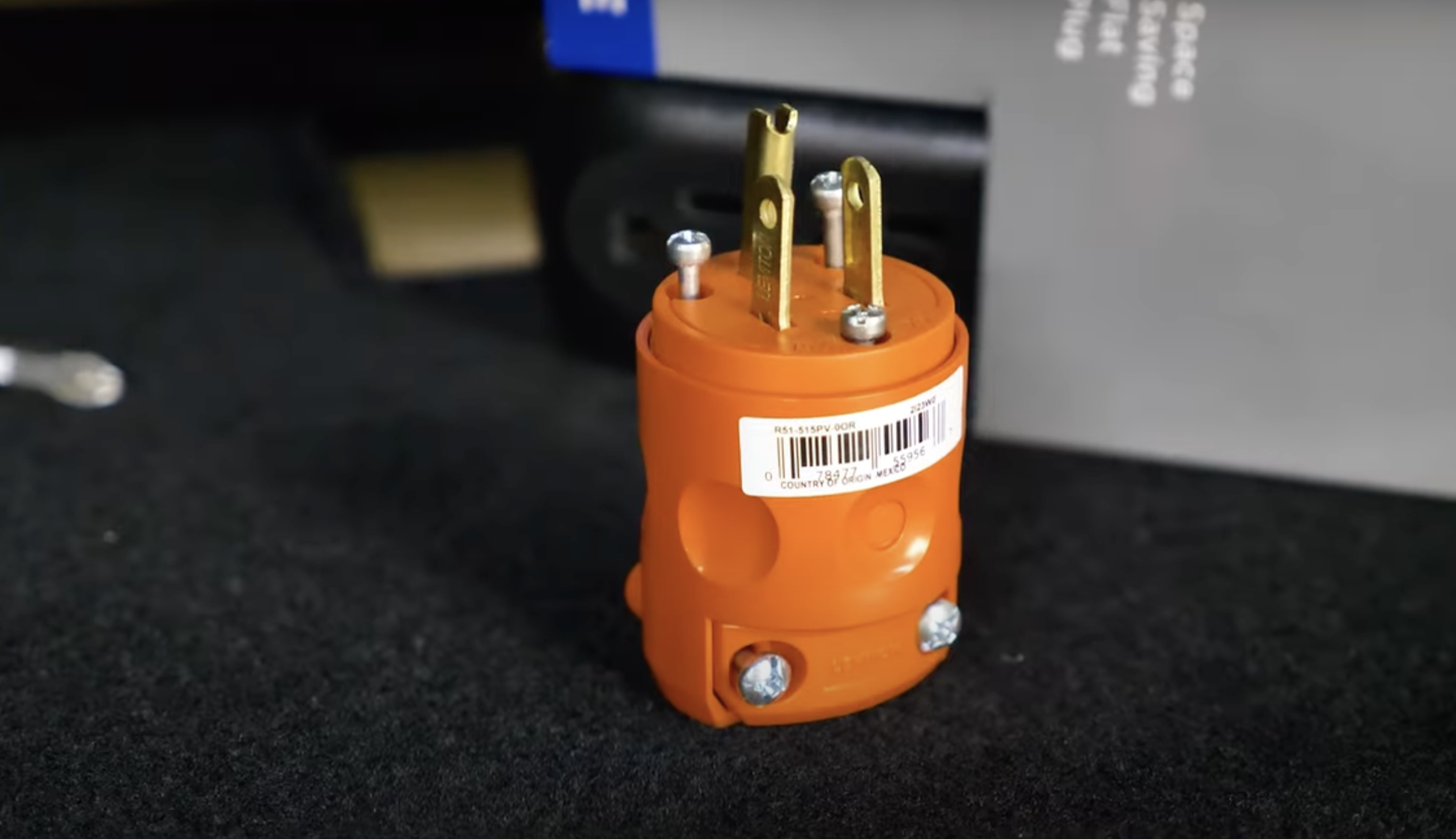We, as a civilized society, need industry to continue to function as we do. There are no two ways about it. To maintain the lifestyle and experience the luxuries that modern life affords us, we need to have a strong industrial backbone. As such, we need a variety of industries to cater to various needs and to render a great many services to keep this whole thing running. This is a fact of life. We have the food industry, the sanitation industry, the technology industry, the entertainment industry, academia (which can indeed be thought of as an industry), and many others that are simply too numerous to name here. They are highly specialized in an effort to deliver whatever we may require wherever we may require it. However unique each industry may be, there are a few running threads between them, aspects that unite them if only in tenuous ways.
One of these aspects is that each industry exhibits their own sort of vernacular, jargon that is unique to each industry and allows its professionals to converse and share ideas in a somewhat unconventional manner. There are all manner of definitions, slang, and techniques that each industry has that the public might not be so keenly aware of. The locksmithing industry is of course no exception, the word ‘industry‘ is right there for you to see. There are a few technical terms that are common in this industry, and knowing a few of them can allow you to be more informed should you ever have to deal with professional locksmiths at any point in the future:
- Of course, everybody knows that a lock is a device that allows limited access to a container or a building or object, which can be opened with a key. With advances in technology, these definitions have been expanded to include intangibles in the sense of computer software.
- Key bitting are the notches that have been cut into the key, and the bitting is the part of the key that interacts with the tumbler’s pins to allow access.
- A key blank is a key that has not been cut to a specific bitting yet. Key blanks have varying cross-sections to correspond to the variety of keyholes on the market for pin-tumbler locks.
- When duplicating a key, key relevance is an important variable to consider. Key relevance refers to the measurable difference between the duplicate and the original key. With any machining process there are never perfect results. However, modern keys must be within 0.03 millimeters of the original in order to be considered valid.
- A master key system refers to a system of locks that features two identical layers of access. Each lock has a unique key that can allow access, but the locks can as well be opened by a master key, one that can access a second set of pins within the lock.
- A maison key system is one where a lock may be opened by a number of unique, individual keys. This system is inherently insecure and is being phased out as antiquated.
The professionals at A-1 Locksmith are, of course, familiar with all of these terms and many more. No matter what time of day, you can trust A-1 Locksmith with all of your locksmithing needs in the Dallas/Fort Worth area. Call them night or day at (972)-284-7500.




















